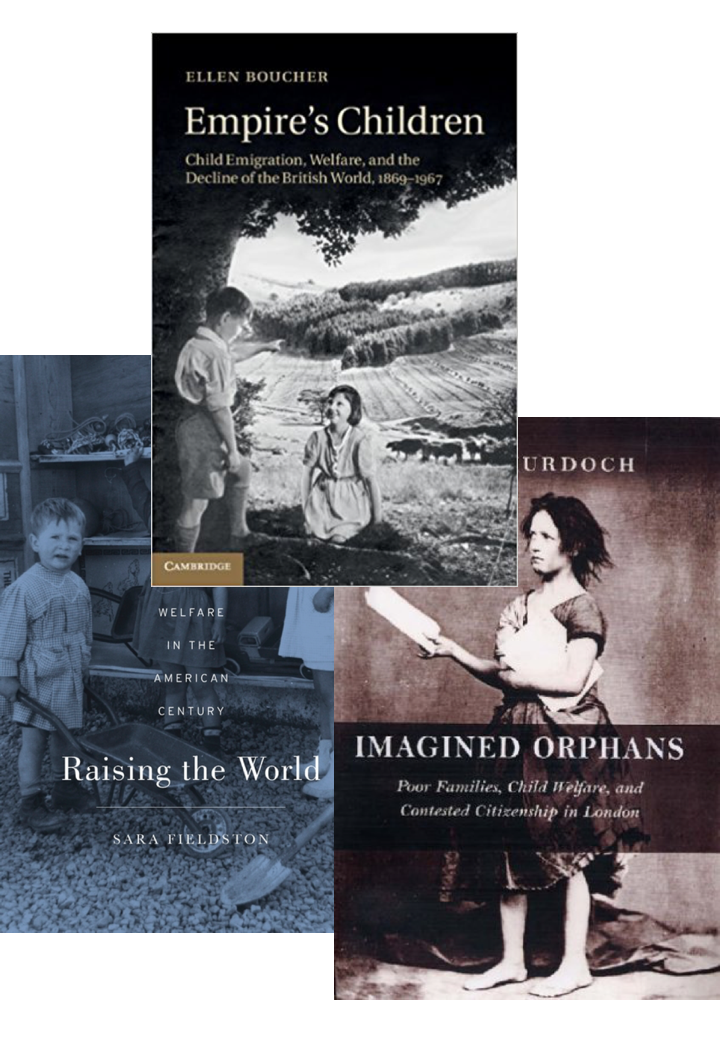Children, Childhood, and the Historical Politics of Welfare in National, Imperial, and Global Contexts
DOI:
https://doi.org/10.22029/ko.2017.137Abstract
In recent years, the histories of child welfare and children’s charities have been enriched by other historiographical developments, such as new imperial history, cultural history or the history of the globalizing processes. Thereby, historians have reassessed cultural constructions of childhood by examining the ways in which politicians, social reformers, philanthropists and scientists have attempted to make use of poor and (supposedly) needy children at home and abroad in order to further their respective political and social projects. This essay discusses three recent books that, by studying specific aspects of child welfare in nineteenth-century Britain and the United States, deal with the political, social, and cultural dimensions of child welfare and its development in national, imperial, and global contexts. This essay, moreover, discusses how the authors, examining a broad range of historical records (such as sources from welfare institutions, state archives, philanthropic journals, promotional literature, and oral history interviews, etc.), explore both the discourses on children and childhood as well as practices of child care that led to the formation of private and public welfare politics for geographically near and/or distant children in changing social and political contexts.
References

Published
Issue
Section
License
All articles (not book covers) in KULT_online from issue 50 on are published under the license Creative Commons Attribution 4.0. All published articles may be reused under the conditions of the license, particularly for commercial purposes and through editing the article (Human-Readable Summary). All authors (have) permitted the publication under the above mentioned license. There is no copyright transfer towards KULT_online. For all book covers specific rights might be reserved, please contact the respective publisher for any lawful reuse. All contributions published in issue 1-49 of KULT_online are free available online and protected by the German Copyright Law.



